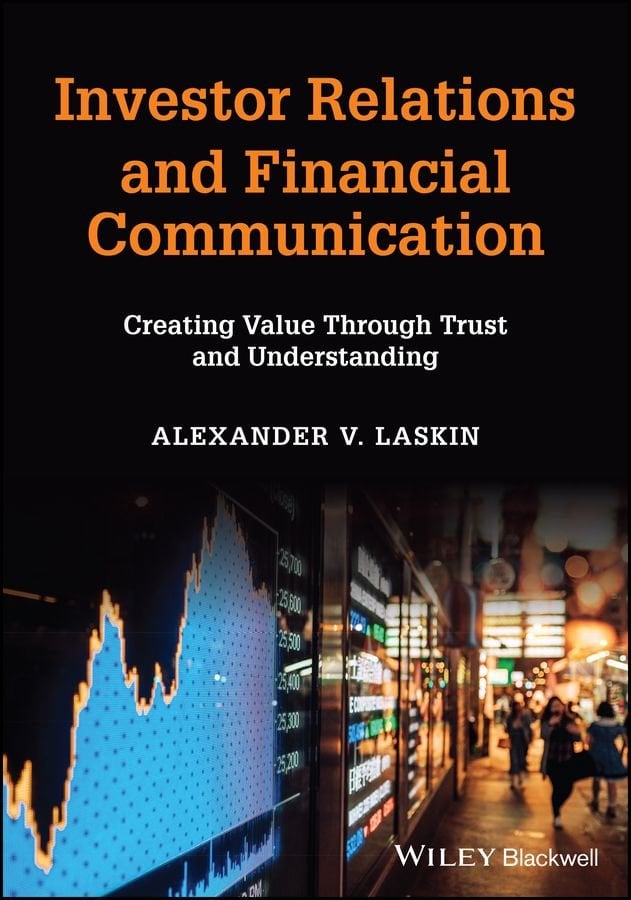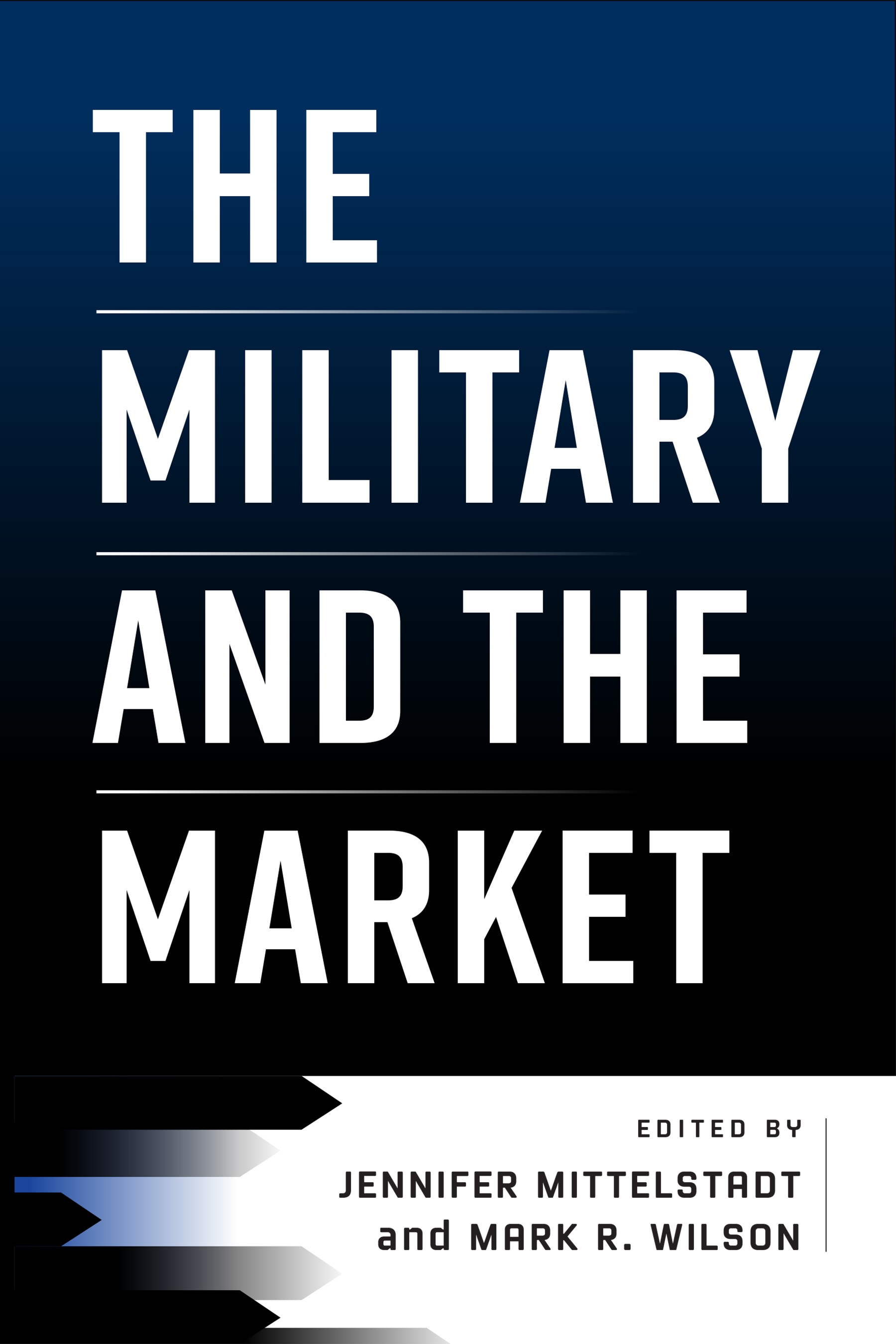Many people rely on the stock markets and entrust their future to the efficiency of the investment system. Think about it: only in the United States various pension and retirement saving accounts accumulate about 20 trillion dollars in assets, with mostof those assets being equities and bonds. The efficient markets require information in order to function properly - corporations disclose important details related to their operations and finances to make sure all market participants from professional investors managing billions of dollars to a retired teacher in Iowa have the same access to the information they need to make an informed decision about their investments. Investor relations professionals are on mile one of this information highway, enabling timely and comprehensive disclosure in order to help all the investors better understand the company’s business and its value, and help investors better understand what they can expect from their investments in the future. In other words, the goal of investor relations becomes not just disclosure of information but educating the investors and managing expectations of investors as it related to the accurate, or fair, value of the corporations. The largest professional organization for investor relations,National Investor Relations Institute (NIRI), proposes the following definition of investor relations: a strategic management responsibility that integrates finance, communication, marketing and securities law compliance to enable the most effective two-way communication between a company, the financial community, and other constituencies, which ultimately contributes to a company’s securities achieving fair valuation.""–












